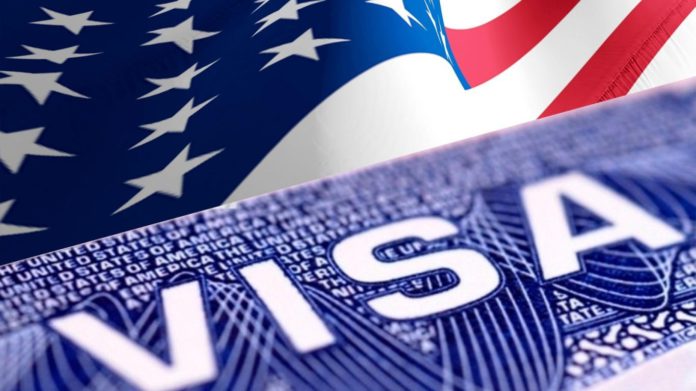Performing in the U.S. for international artists just got a lot more complicated. On April 1, the United States Citizenship and Immigration Services instituted a 250 percent visa fee increase for global musicians hoping to tour in the U.S.
Artists, advocacy groups and immigration lawyers are concerned it could have devastating effects on emerging talent worldwide and local music economies in the U.S.
If you’re a musician from outside of the United States hoping to perform stateside and you filed visa paperwork before April 1, the cost per application was $460. And after that date, it is $1,615 to $1,655.
Bands and ensemble groups pay per performer. A standard rock band of four members went from paying $1,840 to around $6,460. And if you can’t wait a few months for approval, add $2,805 per application for expedited processing.
If the application is not accepted, that money is not refunded — on top of losses from a canceled tour and missing out on “significant, potentially career-changing opportunities,” says Jen Jacobsen, executive director at The Artist Rights Alliance.
If a musician has support staff, a backing band or other employees to bring on the tour, these individuals need visas, too.
“Even if you’re Capitol Records and you have all the money in the world to throw at it, you still can’t get rid of U.S. bureaucracy,” says immigration attorney Gabriel Castro.
All international musicians require work authorization to perform in the U.S. There are few exemptions: Those are reserved for “showcases” through the Visa Waiver Program — like what is often used at South by Southwest, where international artists perform exclusively at official showcases, without pay and for exposure.
Currently, there are few hurdles for U.S. musicians looking to enter other countries for the specific purpose of earning money through live performances.
According to Castro, American performers are able to enter most countries without a visa and under an exception to tourism rules.
The U.S. government is “putting more and more burden on the application process,” says Castro of BAL Sports and Entertainment Practice, which specializes in visas for musicians, entertainers and athletes.
He says 20 years ago, applications were just two or three pages. Now, they’re 15 or 20 pages.
“And those are just the forms before supporting evidence,” he says. “Now I’m submitting documents that are 200 pages, 300 pages long just to explain why this band should be traveling throughout the United States.”
Officials “might have done better to look at inefficiencies in the system to save money,” he says.

